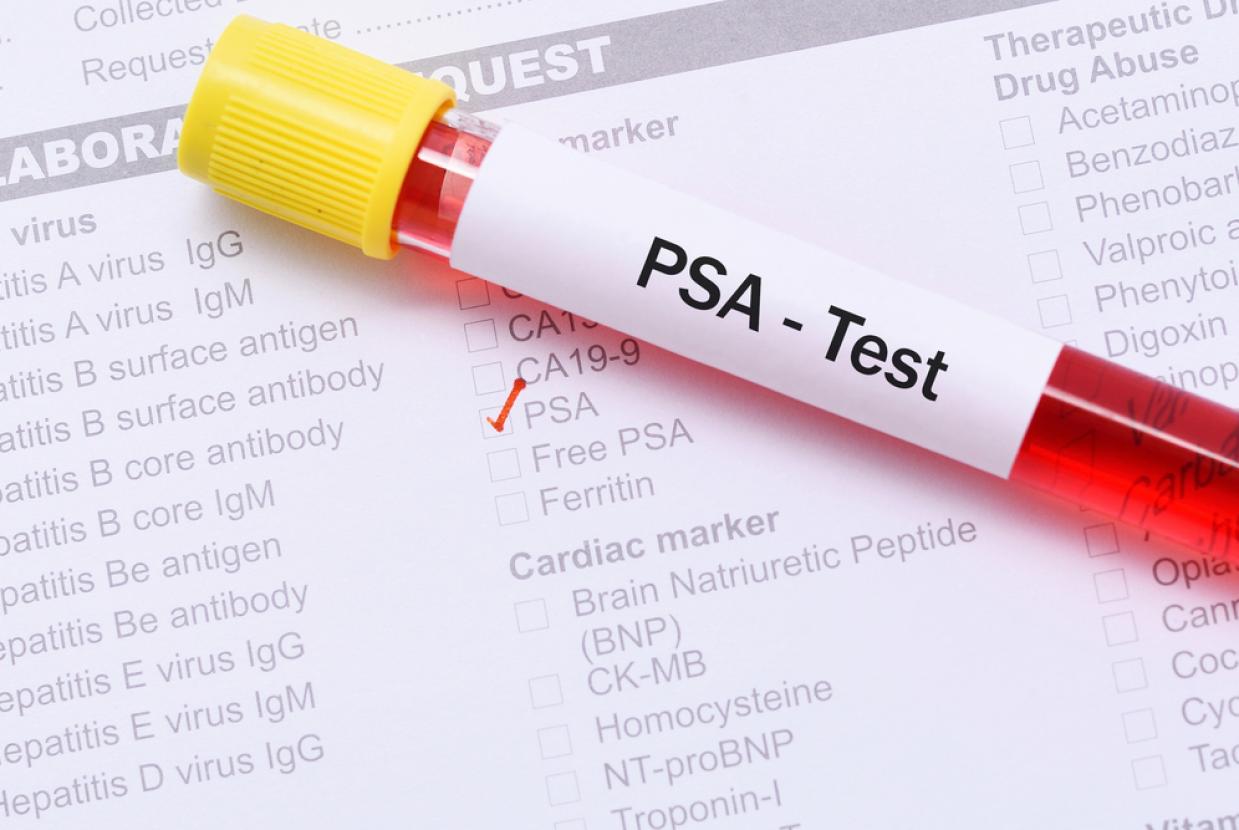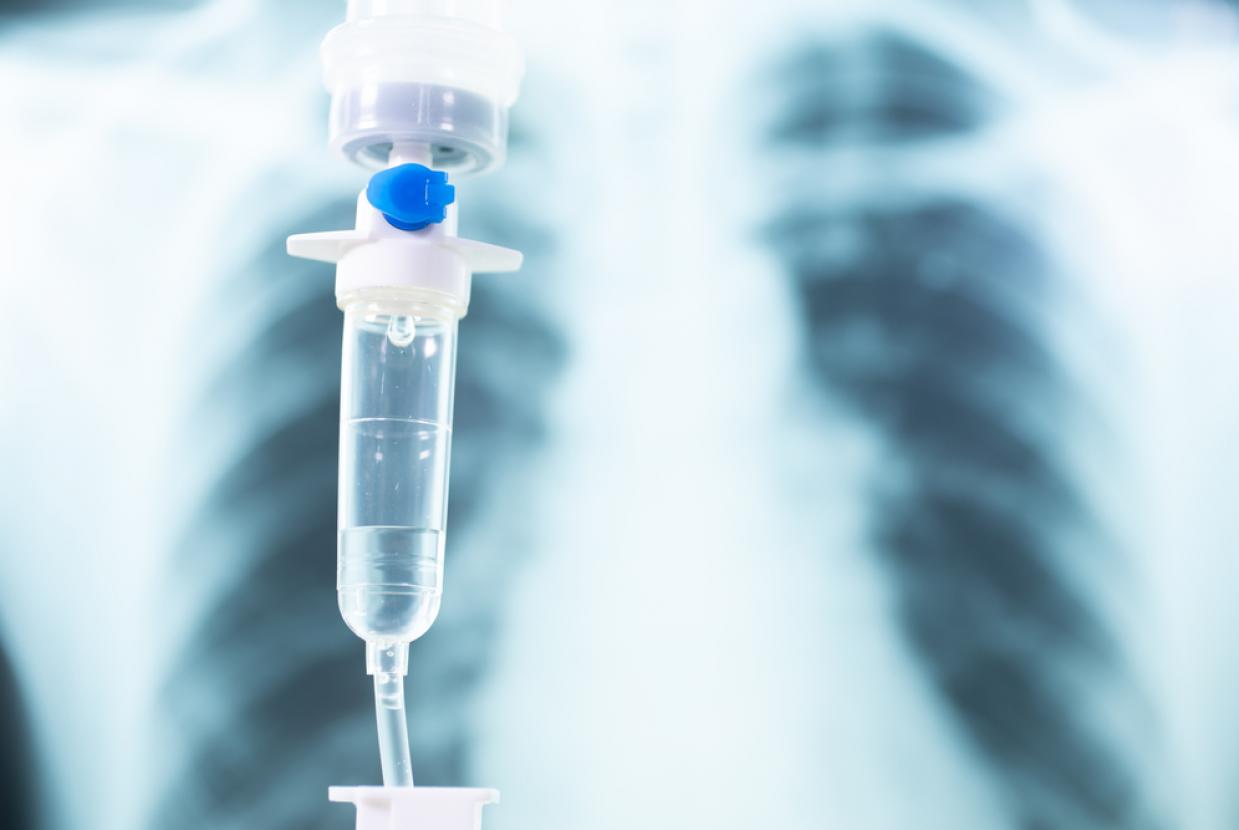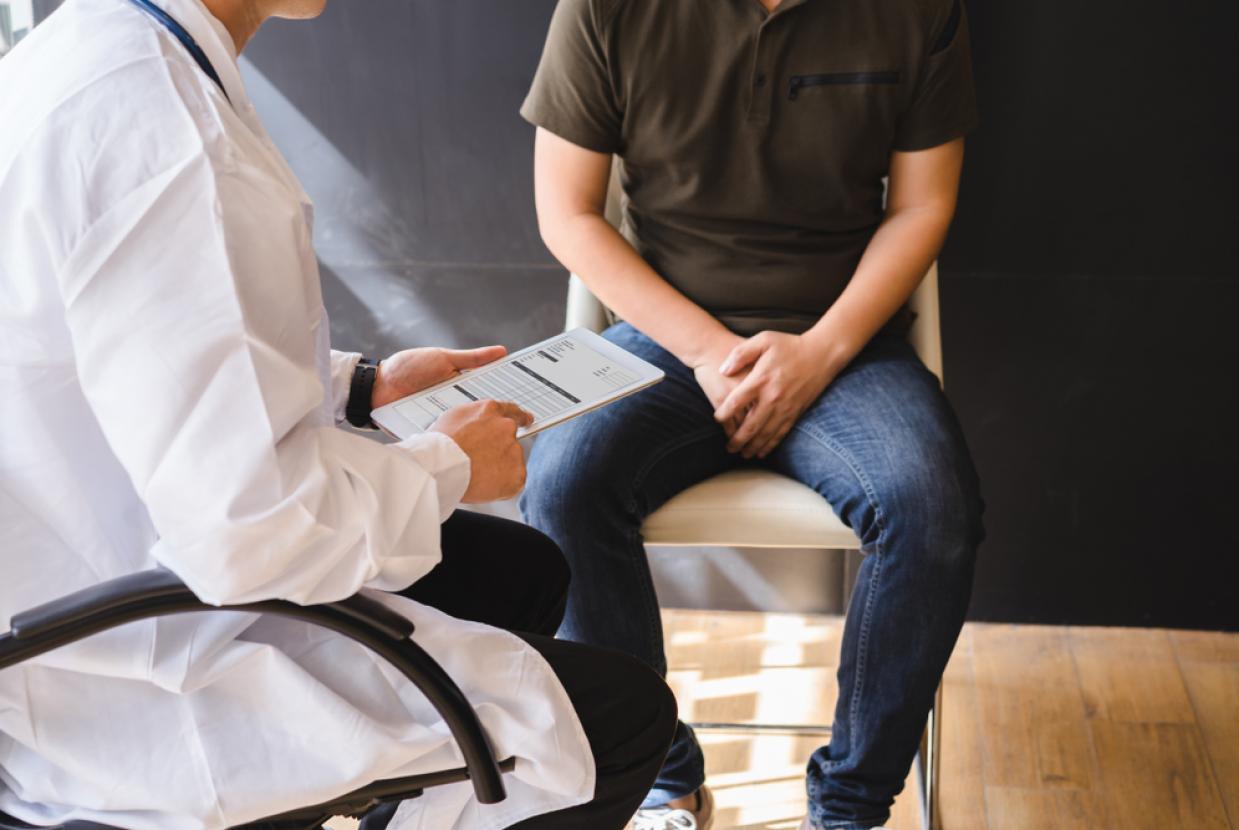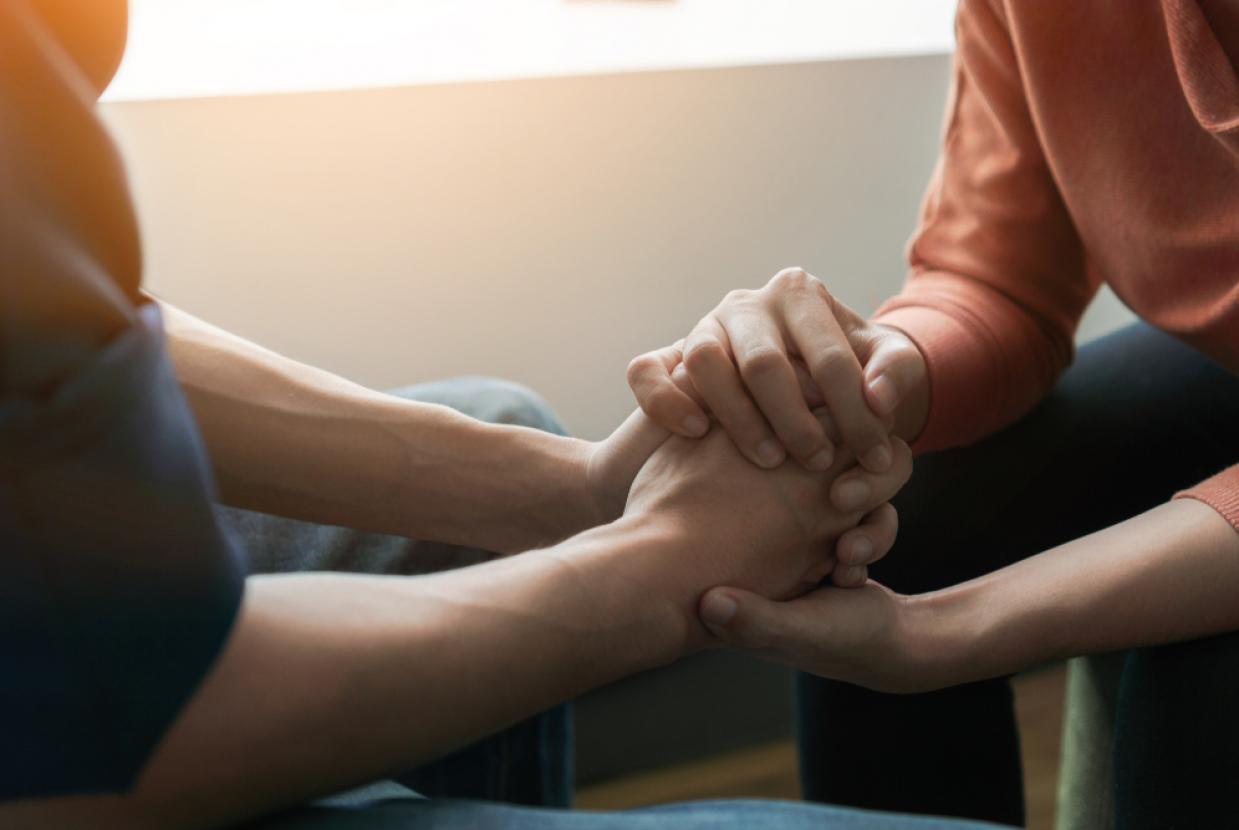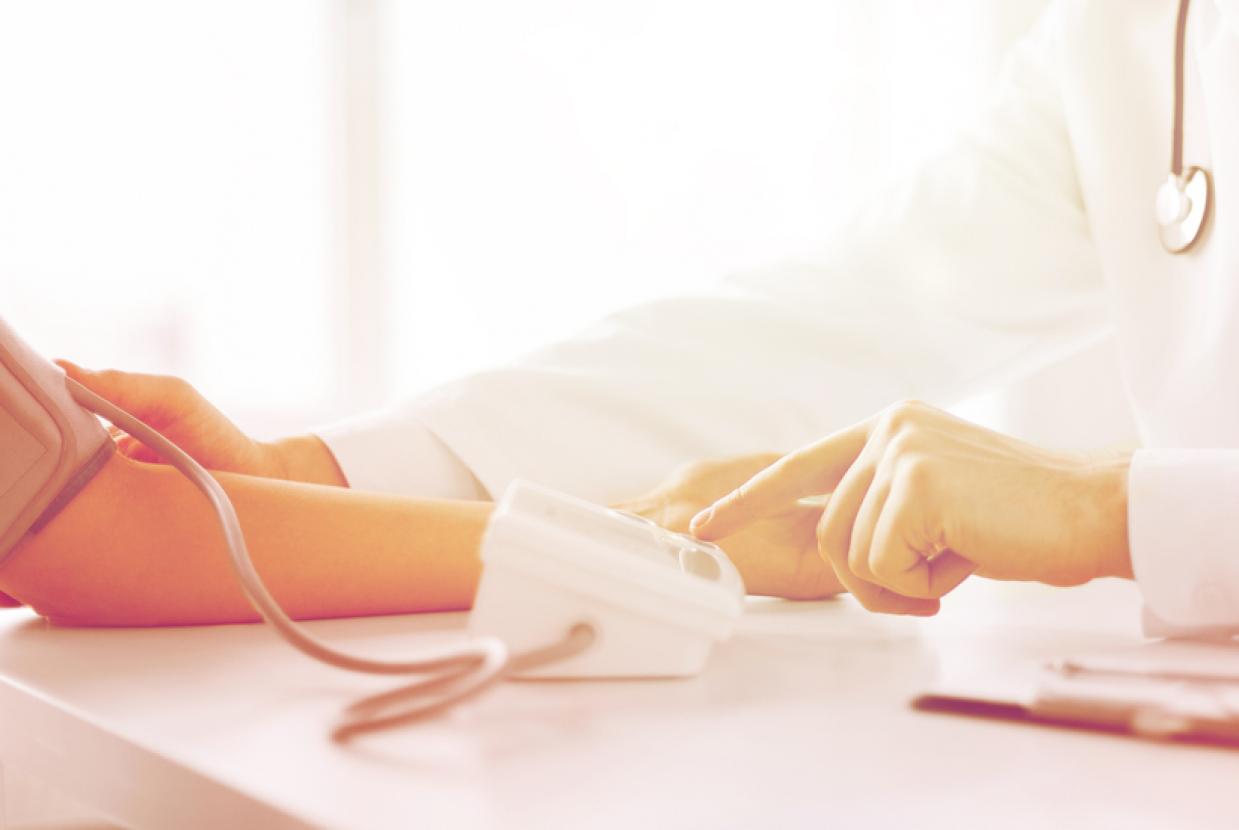Enlarged Prostate (Benign Prostate Enlargement)
An enlarged prostate (sometimes called benign prostate enlargement) is when your prostate gets bigger. It's common and is not usually serious, but there are treatments that can help if you need them.
An enlarged prostate is most common in men over 50 years old. It can affect anyone with a prostate.
What the prostate is
The prostate is a small gland below the bladder that makes semen and controls the flow of pee from your bladder to your penis.
If it gets bigger (enlarged) it can put pressure on the tube that carries pee from your bladder (urethra), causing problems with peeing.
Things you can do to help with enlarged prostate symptoms
There are things you can do that may help with symptoms of an enlarged prostate.
Do
- cut down on alcohol and caffeine, as they can make you pee more
- reduce how much fluid you drink before bed or before going out – but make sure you drink enough during the rest of the day
- make sure you eat enough fibre to help prevent constipation, which can put pressure on your bladder
- keep to a healthy weight, as being overweight can make symptoms worse
- wait a few moments after you pee and then try peeing again, to help you empty your bladder
- try putting your fingertips 3 finger widths behind your scrotum after you finish peeing, and gently pressing while moving your fingers forwards and upwards towards the base of your penis, to help push the last few drops out
- check with a doctor or pharmacist whether any medicines you take for other conditions could be making your symptoms worse
Don’t
- do not strain or push when peeing – try to relax when you pee
- do not cut down too much on fluids, as this can cause problems such as urinary tract infections
Causes of an enlarged prostate
It's thought that an enlarged prostate may be caused by changes in your hormone levels as you get older.
An enlarged prostate is very common. You may be more likely to get it if you're over 50, and if others in your family have an enlarged prostate.
An enlarged prostate is not caused by prostate cancer, and does not increase your risk of getting prostate cancer.























